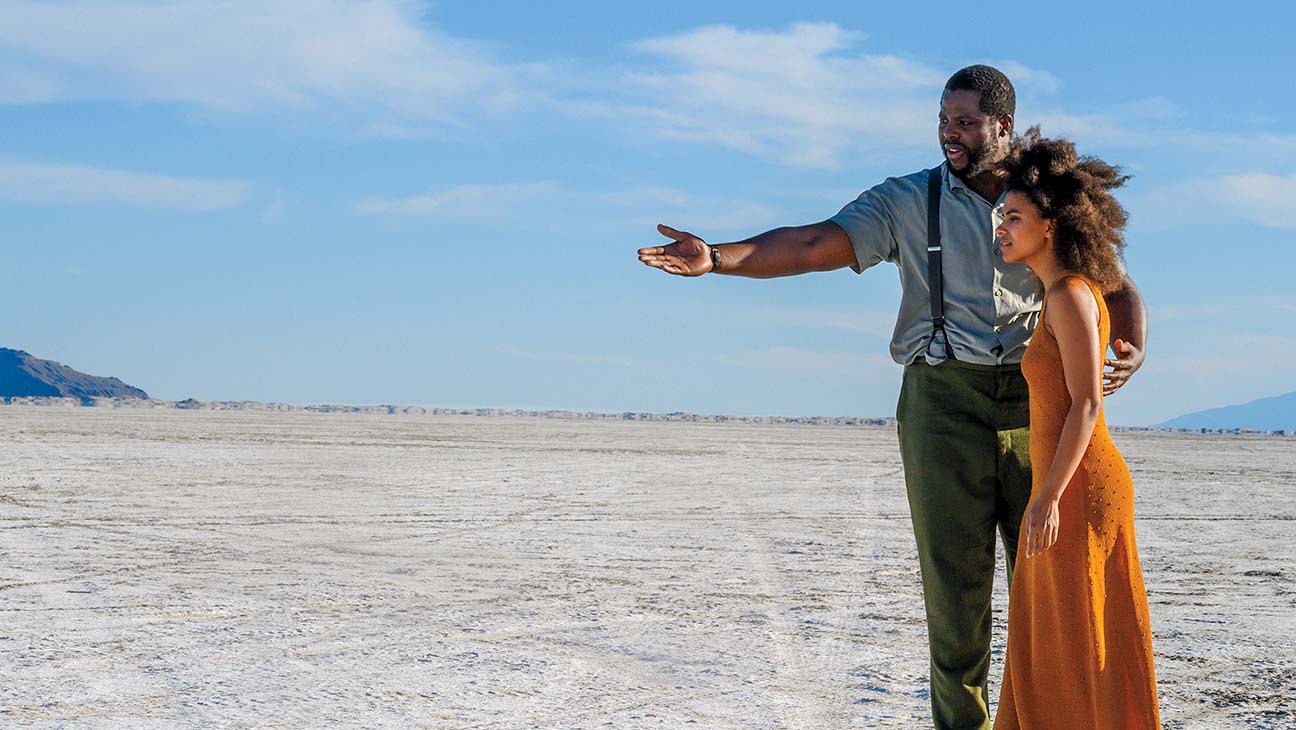Movie Review Overview: Movie Review 9 Days

“9 Days,” a film that dares to tackle the weighty subject of the afterlife (or at least, a bureaucratic version of it), isn’t your typical Hollywood romp. It’s a character-driven drama with a touch of surrealism, a blend that might leave you pondering your own existence long after the credits roll. Think “Waiting Room” meets “The Good Place,” but with a distinctly less saccharine aftertaste.
Plot Summary
The film follows the journey of nine souls awaiting their fate in a sort of celestial holding room. Each individual has a unique story, a tapestry of regrets, triumphs, and unresolved conflicts that shape their experiences within this liminal space. The characters interact, offering glimpses into their past lives and the reasons they’ve found themselves in this peculiar predicament. Key plot points involve the souls grappling with their past actions, confronting their inner demons, and attempting to influence their final judgment. A significant arc focuses on one particular soul’s struggle to reconcile with a past relationship, highlighting the film’s exploration of forgiveness and acceptance. Another key character arc involves a soul grappling with the weight of their life’s achievements, questioning whether they truly made a positive impact. The film’s central conflict isn’t a grand battle, but rather a series of intimate, internal struggles. The resolution is less about a definitive judgment and more about the characters’ personal growth and acceptance.
Critical Reception
Initial critical reception of “9 Days” was mixed, with some praising its unique premise and thoughtful exploration of mortality, while others criticized its pacing and somewhat uneven tone. For example, a review in *The Independent* lauded the film’s “brave and original approach to the afterlife,” highlighting the performances as “subtle and nuanced.” However, *Variety* found the film to be “occasionally ponderous,” noting that the pacing “lags in certain sections.” Reviews in publications like *The Hollywood Reporter* were more positive, emphasizing the film’s “thought-provoking” nature and ability to make audiences reflect on their own lives. These contrasting opinions underscore the film’s ambition and its capacity to elicit varied responses.
Genre and Genre Conventions, Movie review 9 days
“9 Days” defies easy categorization. While it shares elements with the afterlife drama, it also incorporates elements of surrealism and dark comedy. It adheres to the afterlife drama genre by presenting a realm beyond death, where souls are judged and grapple with their past. However, it subverts conventions by eschewing the typical heavenly or hellish dichotomy, presenting a more ambiguous and ambiguous space. The dark humor provides a counterpoint to the serious themes, preventing the film from becoming overly sentimental or preachy. The surreal aspects, such as the somewhat arbitrary nature of the holding room itself, contribute to the film’s unsettling yet captivating atmosphere.
Comparative Analysis
| Film 1 | Film 2 | Film 3 | 9 Days |
|---|---|---|---|
| Here After (2010) – Focuses on the experiences of individuals who claim to have encountered the afterlife | What Dreams May Come (1998) – Explores a man’s journey through the afterlife to reunite with his deceased wife. | A Ghost Story (2017) – Presents a minimalist and melancholic portrayal of the afterlife. | 9 Days – Presents a bureaucratic and character-driven exploration of the waiting period before judgment in the afterlife. |
| Exploration of near-death experiences and communication with the dead | Focuses on love and loss, with a fantastical visual representation of the afterlife. | Minimalist and symbolic representation of grief and loss in the context of the afterlife. | Focuses on character development and the internal struggles of souls awaiting judgment. |
| Realistic and grounded approach to potentially supernatural events. | Visually stunning and emotionally resonant exploration of the afterlife. | Poetic and emotionally evocative, prioritizing mood and atmosphere over plot. | Surreal and darkly comedic exploration of a bureaucratic afterlife. |
| Prompted discussions about the possibility of life after death. | Sparked conversations about grief, love, and the enduring power of human connection. | Generated contemplation on themes of mortality, loss, and the passage of time. | Inspired reflection on life choices, regrets, and the meaning of existence. |